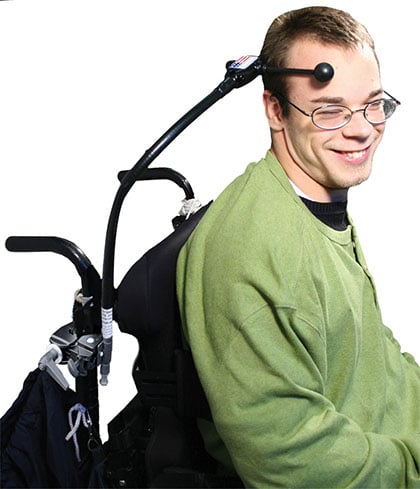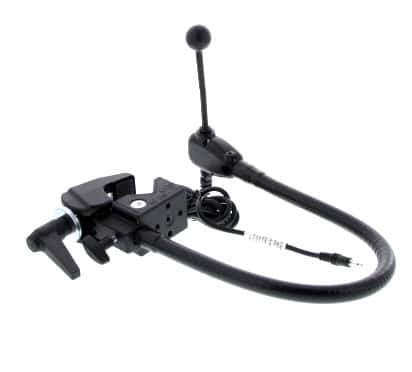Return and Warranty Policy
Technical Support
If you are having a problem with our products, please first call our Technical Assistance Department at 866.876.4872 x320. We may be able to troubleshoot the problem without having the item returned.
Returns
IMPORTANT INFORMATION TO READ BEFORE INITIATING A RETURN
Checking the batteries to make sure that they are fresh and properly installed can prevent 95% of all returns. We recommend alkaline batteries be used. Any of our products that have been switch-adapted will only work with “mono” adapters and will not work with “stereo” adapters. If you are having trouble with a product, please refer to the troubleshooting tips in your user’s guide.
RETURN AUTHORIZATION
All items MUST have a Return Authorization Number before being sent back. You can obtain an RA# by completing the online form below, downloading the return form and emailing it to returns@enablingdevices.com, or by calling us at 866.876.4872 x6. Please have your invoice number or customer number available as this will help to expedite the return process. To ensure efficient delivery, we suggest you send your return via a trackable method.
PLEASE USE ONLY ONE OF THE RETURN/REPAIR REQUEST METHODS LISTED HERE. Contacting us through multiple methods causes requests to be duplicated and slows down our response time.
CLICK HERE TO COMPLETE THE RETURN/REPAIR FORM
DOWNLOAD THE PDF RETURN/REPAIR FORM HERE
SHIPPING INSTRUCTIONS
Instructions for returning an item: Write the RA Number on the outside of the box. Insure your package and keep your receipt. Pack your item(s) securely to prevent damage. To ensure efficient delivery, we suggest you send your return via a trackable method. Customers are responsible for return shipping costs if items are found to be in good working order, were ordered by the customer incorrectly, or if the item is not suitable. All items returned for credit/refund must be shipped to us unmarked and in original packaging.
Refunds/Credits
You are entitled to a refund/company credit on most items (except where noted) within 30 days of delivery. Items being returned must be in new condition and unmarked. Any item that has been written on with permanent marker or has stickers/labels on it cannot be returned for a refund, a credit or an exchange. All original packaging, accessories and manuals must be included. Custom/Special orders or final sale items cannot be returned. Items that are non-returnable (these items are noted) can still be repaired. Items being returned in bulk (qty 10 or more) have a 20% re-stocking fee.
DAMAGED/DEFECTIVE
Please notify us within 10 days of receipt of any discrepancies, items damaged in shipping and/or faulty items. Free Technical Support is available by phone 866.876.4872, ext. 320 or email: customer_support@enablingdevices.com. We may be able to troubleshoot the problem and avoid having the item returned.
PLEASE NOTE: There is a $35USD (Domestic) and a $50USD (International) diagnostic fee for each returned item found to be in good working order. Also, customers are responsible for return shipping costs if items are found to be in good working order, were ordered by the customer incorrectly, or if the item is not suitable. All items returned for credit/refund must be shipped to us unmarked and in original packaging.
Warranties and Repairs
For U.S. and Canada purchases, there is a one year warranty on Communicators and Switches. For all other products, there is a 90-day warranty for manufacturing defects unless noted on our website. Items under warranty will be repaired free of charge pending inspection. There will be a charge for repair and return shipping and handling on all items out of warranty. For international customers, please visit our website www.enablingdevices.com for warranty information.
If you have any questions regarding returns, repairs, and warranty information, please contact us at 866.876.4872 x6 or e-mail returns@enablingdevices.com.
For a repair fee quote, please complete the Return/Repair Form here. Please note that repair time frames and fees are as stated and cannot be changed. Repairs, alterations or modifications done by someone other than Enabling Devices, or misuse or abuse of the item, will automatically void our warranty.
Substitutions
Due to ever-changing demand, certain toys may be discontinued by their manufacturer. If a substitution of a similar toy must be made, it will be of equal value and functionality. Our products are continually being improved and so the appearance of the product in the photo may slightly differ from what you receive. Please be assured that you will always receive the latest version.







